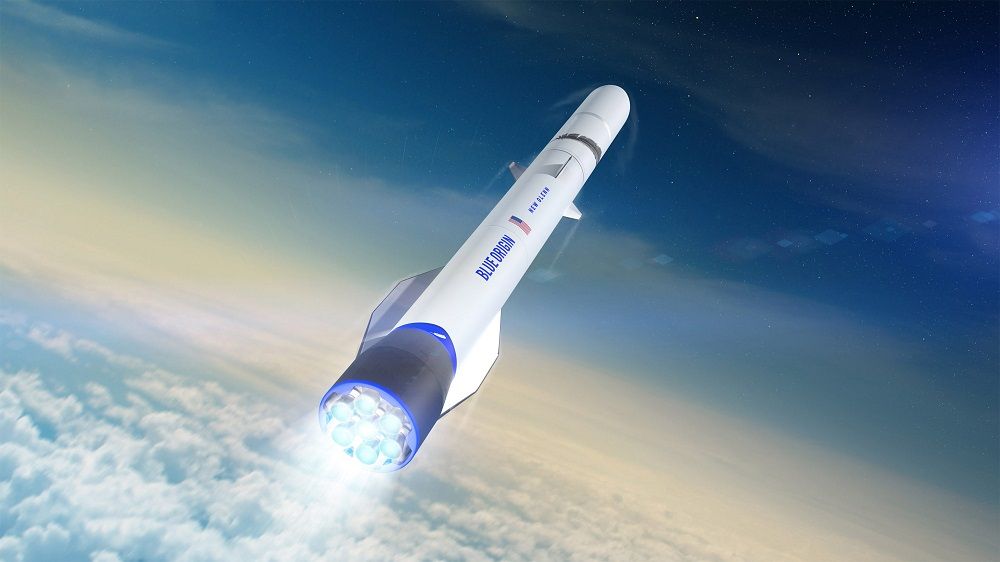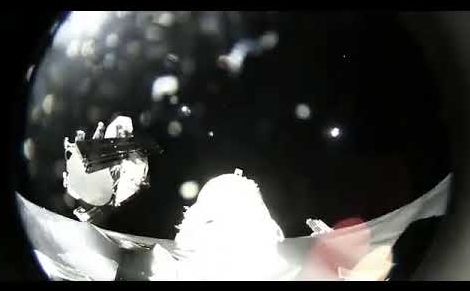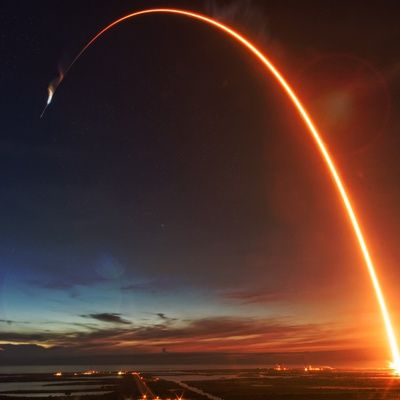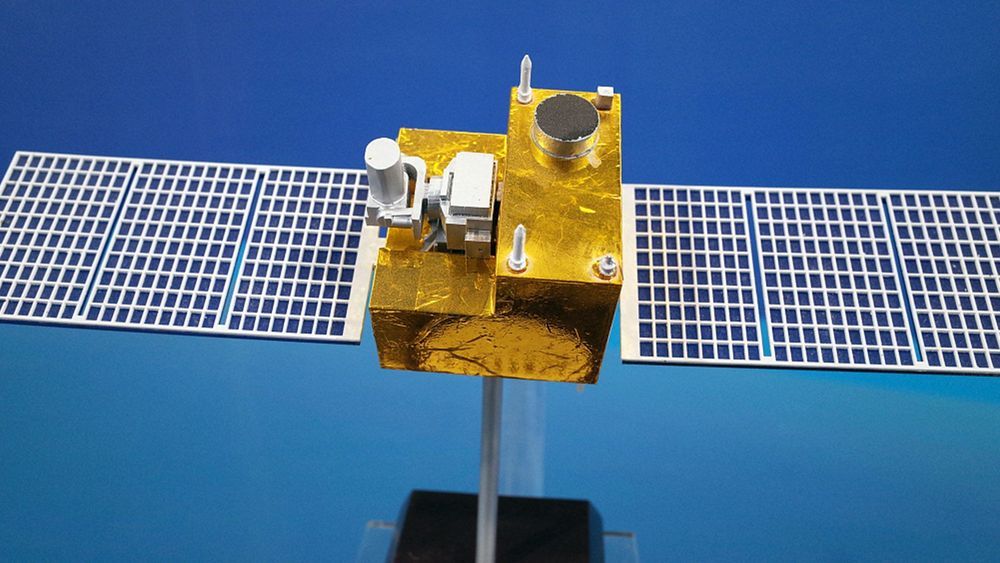Apr 10, 2019
SpaceX to livestream Falcon Heavy Block 5 launch debut at 6:15pm ET today
Posted by Genevieve Klien in categories: energy, satellites
SpaceX is half a day away from the planned launch debut of Falcon Heavy Block 5, a milestone that will also be the rocket’s second launch ever and first mission with a commercial payload.
First and foremost, Falcon Heavy’s job is to safely place the Saudi Arabian communications satellite Arabsat 6A into a high-energy geostationary transfer orbit (GTO) more than 35,000 km (~22,000 mi) above Earth’s surface. Despite the satellite weighing no less than 6000 kg (13,200 lb), Falcon Heavy will still have enough latent performance to attempt the recovery of all three of its new Block 5 boosters. With any luck, this will hopefully return SpaceX’s East Coast landing zones (LZ-1 and LZ-2) to successful operations after an anomaly in December 2018 caused Falcon 9 B1051 to landing a mile or so offshore.
Continue reading “SpaceX to livestream Falcon Heavy Block 5 launch debut at 6:15pm ET today” »

















